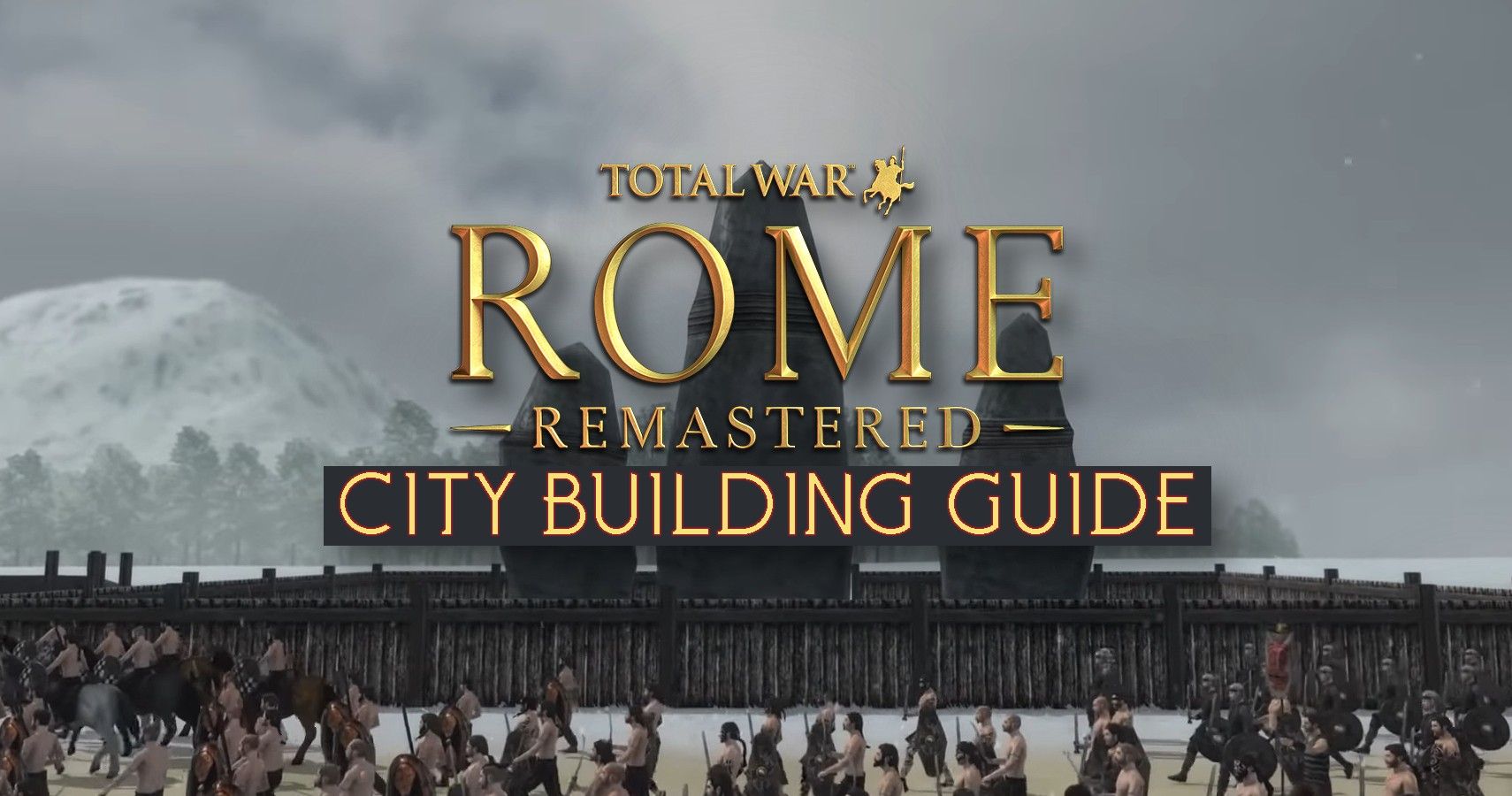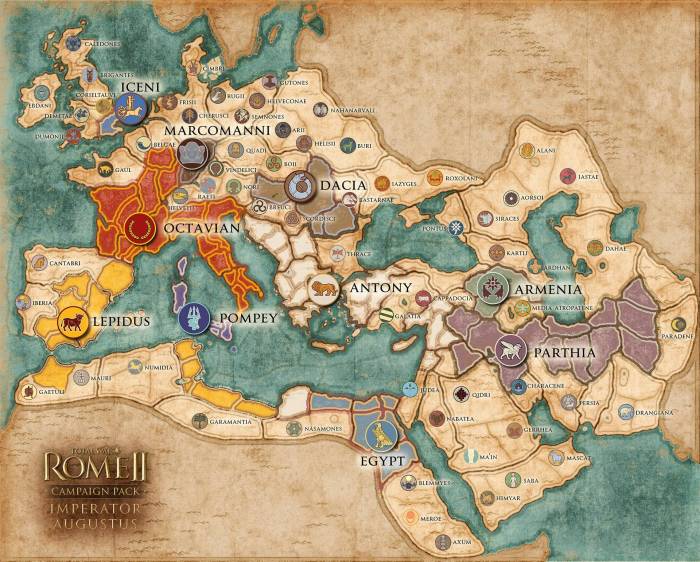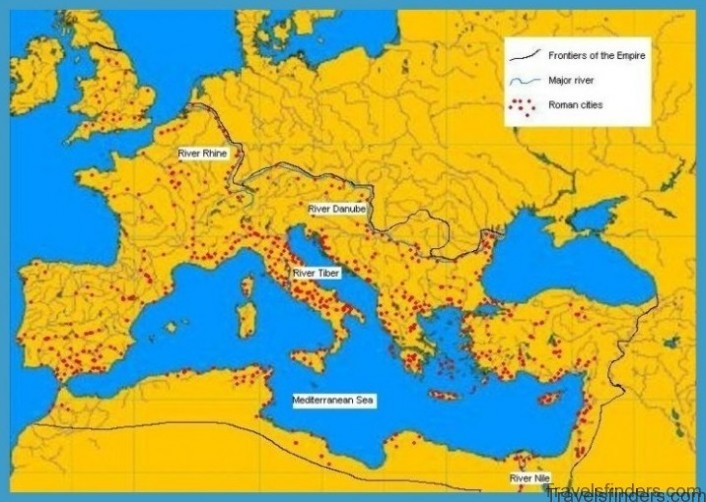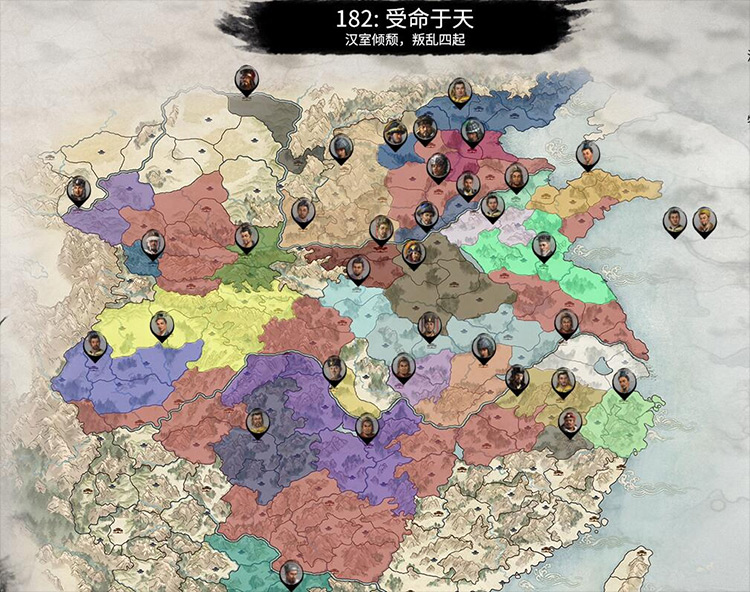A Comprehensive Guide To The Cities Of Rome: Total War
A Comprehensive Guide to the Cities of Rome: Total War
Related Articles: A Comprehensive Guide to the Cities of Rome: Total War
Introduction
With great pleasure, we will explore the intriguing topic related to A Comprehensive Guide to the Cities of Rome: Total War. Let’s weave interesting information and offer fresh perspectives to the readers.
Table of Content
A Comprehensive Guide to the Cities of Rome: Total War
The intricate tapestry of Rome: Total War’s grand strategy is woven with the threads of its cities. These vibrant hubs, pulsating with life and ambition, serve as the cornerstones of your empire, fueling your military might, economic prowess, and cultural influence. Understanding the intricacies of these cities and their diverse roles is crucial for achieving victory in the tumultuous world of Rome: Total War.
The Essence of Cities in Rome: Total War
Cities in Rome: Total War are more than mere geographical locations; they are the beating heart of your empire. They represent a confluence of resources, manpower, and cultural identity, shaping your campaign’s trajectory.
1. Economic Engine:
Cities function as the economic backbone of your empire. Each city possesses unique resources, influencing its production capabilities. From the fertile fields of Gaul to the rich mines of Iberia, each region offers distinct economic advantages. Efficiently managing these resources through building construction, resource management, and trade is paramount to building a thriving empire.
2. Military Powerhouse:
Cities serve as recruitment centers, providing the manpower to bolster your legions. The size and prosperity of a city directly impact the quality and quantity of units you can recruit. Cities with developed infrastructure can train elite units, granting you a decisive edge on the battlefield.
3. Cultural Hub:
Cities embody the cultural identity of your faction. They house buildings that enhance your cultural influence, allowing you to spread your beliefs and ideologies across the map. This cultural dominance can grant you diplomatic advantages and even sway the allegiance of neighboring regions.
4. Strategic Stronghold:
Cities act as strategic fortresses, protecting your empire from invasion. Their fortifications and garrisoned troops can deter enemy incursions and provide a safe haven for your citizens. Wisely deploying your forces and strategically fortifying your cities is crucial for maintaining control over your territory.
Types of Cities in Rome: Total War
Rome: Total War features a diverse array of cities, each with its unique characteristics and roles. These cities can be broadly categorized into:
1. Capital Cities:
These cities represent the heart of your faction, often housing the capital building. They play a crucial role in governing your empire, influencing your diplomatic relations, and providing access to unique units and technologies.
2. Provincial Cities:
These cities are located throughout your territory, contributing to your economic and military strength. They are crucial for expanding your empire, securing resources, and maintaining stability in your provinces.
3. Port Cities:
These coastal cities offer access to maritime trade, allowing you to import vital resources and export surplus goods. They also serve as important naval bases, enabling you to control the seas and project your power across the globe.
4. Religious Cities:
These cities hold significant religious importance, often housing temples and shrines. They provide cultural influence and can grant unique bonuses to your faction, such as increased public order or religious conversion.
5. Settlement Cities:
These are the most basic type of city, representing small settlements and villages. They often lack the infrastructure and resources of larger cities but can still contribute to your empire’s growth.
Navigating the City Management Interface
The city management interface in Rome: Total War is designed to provide you with a comprehensive overview of your city’s status and capabilities. It allows you to:
1. Monitor Resources:
The resource tab provides a detailed breakdown of your city’s current resources, including food, gold, public order, and population. This information is crucial for making informed decisions about your city’s development.
2. Manage Buildings:
The buildings tab showcases the various structures you can build in your city. Each building provides unique benefits, from boosting your economy to improving your military capabilities. Carefully selecting and constructing buildings is key to maximizing your city’s potential.
3. Recruit Units:
The recruitment tab allows you to train new units for your army. The type and quality of units you can recruit depend on your city’s infrastructure and its current population. Investing in your city’s development will grant you access to more powerful and specialized units.
4. Control Taxes:
The taxes tab allows you to adjust the tax rate levied on your citizens. Higher tax rates generate more revenue but can also lead to unrest and rebellion. Finding the right balance between taxation and public order is crucial for maintaining stability in your cities.
5. Manage Public Order:
The public order tab displays the current level of public order in your city. Public order is influenced by factors such as taxation, religion, and the presence of public buildings. Maintaining high public order is essential for preventing unrest and rebellion.
Strategies for City Development
Effective city management is a cornerstone of success in Rome: Total War. Here are some key strategies to maximize your cities’ potential:
1. Prioritize Resource Production:
Focus on building structures that enhance resource production, such as farms, mines, and workshops. This will generate the income and resources you need to expand your empire and maintain a strong military.
2. Invest in Infrastructure:
Develop your city’s infrastructure by constructing roads, walls, and public buildings. This will improve your city’s efficiency, increase its population capacity, and enhance its defenses.
3. Balance Public Order:
Strive for a balance between taxation and public order. While higher taxes generate more revenue, they can also lead to unrest. Monitor public order closely and adjust your tax rates accordingly.
4. Recruit Specialized Units:
Invest in buildings that allow you to train elite and specialized units. These units can provide a decisive edge on the battlefield, allowing you to conquer your enemies and expand your empire.
5. Embrace Cultural Diversity:
Encourage cultural diversity in your cities by building temples and shrines dedicated to different religions. This can boost public order, reduce unrest, and provide access to unique bonuses.
FAQs about Cities in Rome: Total War
Q: How do I increase the population of my cities?
A: Population growth is influenced by factors such as food supply, public order, and the presence of public buildings. Ensure your city has a sufficient food supply, maintain high public order, and construct buildings that enhance population growth, such as marketplaces and granaries.
Q: How do I improve public order in my cities?
A: Public order is affected by various factors, including taxation, religion, and the presence of public buildings. Lowering taxes, building temples and shrines, and constructing public buildings like baths and theaters can improve public order.
Q: What are the best buildings to construct in my cities?
A: The best buildings to construct depend on your city’s resources, your faction’s strengths, and your overall campaign goals. For example, if you are focused on economic growth, you should prioritize resource production buildings. If you are preparing for war, you should invest in military training facilities.
Q: How do I manage my city’s finances?
A: Effective financial management involves balancing your income and expenses. Monitor your city’s resource production, adjust your tax rates, and invest in buildings that generate revenue. Avoid excessive spending on units and buildings, and prioritize investments that will provide long-term benefits.
Q: How do I defend my cities from attack?
A: Defending your cities involves a combination of strategic planning and tactical execution. Fortify your cities with walls and towers, garrison them with troops, and strategically position your armies to intercept enemy forces.
Tips for City Development in Rome: Total War
1. Early Game Focus:
In the early game, prioritize resource production and population growth. Build farms, mines, and workshops to generate a steady stream of income and resources.
2. Mid-Game Expansion:
As you expand your empire, focus on building infrastructure and strengthening your defenses. Construct roads to improve trade and movement, build walls to protect your cities, and invest in military training facilities.
3. Late-Game Dominance:
In the late game, focus on developing your cities into cultural and economic powerhouses. Construct public buildings to boost public order and cultural influence, and invest in buildings that enhance your military capabilities.
Conclusion
Cities are the lifeblood of your empire in Rome: Total War. Mastering the art of city management is crucial for achieving victory in this grand strategy game. By effectively managing your cities’ resources, infrastructure, and population, you can build a powerful and prosperous empire that will endure the test of time. Remember, the fate of your empire rests in the hands of your city managers; cultivate their skills, and your empire will flourish.








Closure
Thus, we hope this article has provided valuable insights into A Comprehensive Guide to the Cities of Rome: Total War. We appreciate your attention to our article. See you in our next article!
